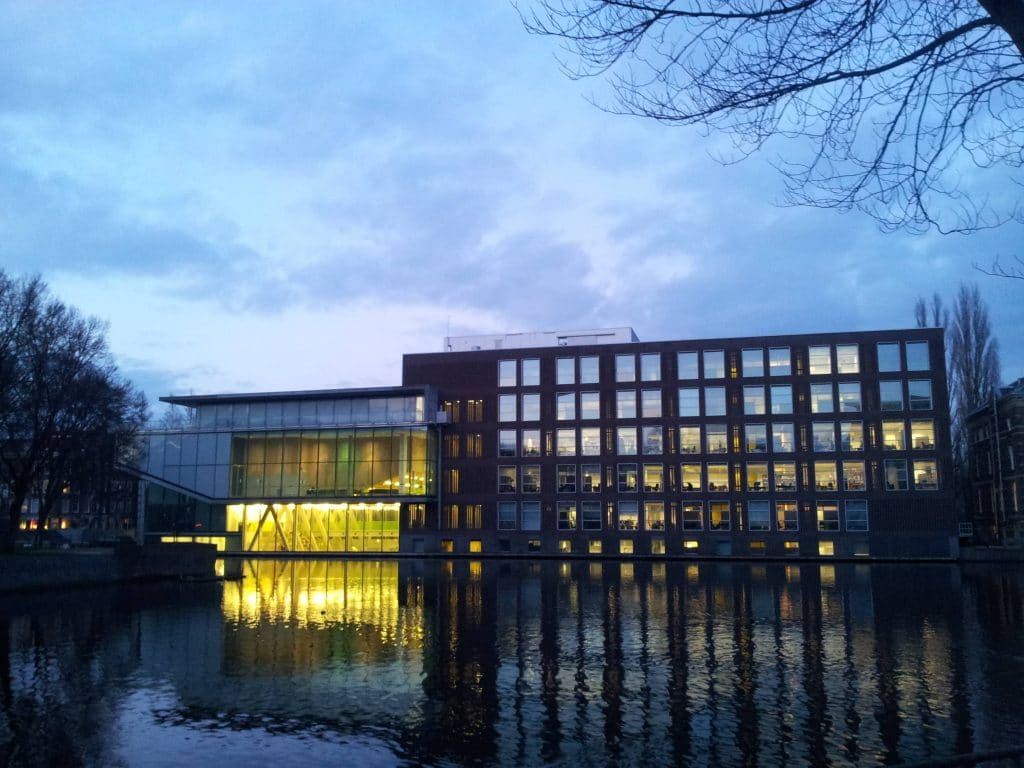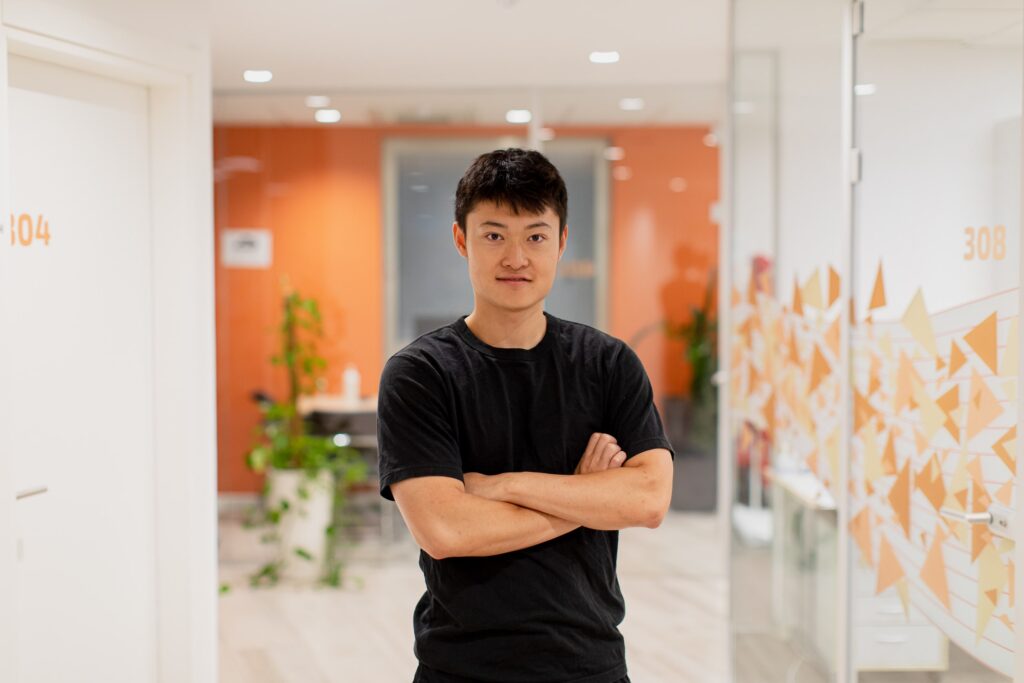Optimizing the Plan of the Day
Planned secondments: UMCG (Netherland), University of Liubjana (Slovenia) and Cosylab (Slovenia).
Project description
Plan optimization is a key element of radiation treatment planning. In standard treatment regimes, plan optimization is performed once before the treatment starts. The optimized plan is used throughout the course of the treatment, even when geometrical, anatomical, or other biological changes occur during the treatment. Adaptive treatment strategies, on the other hand, call for re-optimization, based on new information gathered through repeated imaging and collection of other biomarkers during the course of the treatment. In this project the PhD student will develop plan optimization methods for the “plan of the day”: a new plan is optimized for every treatment day. The methods will take specifics of proton therapy into account (variation of the proton range), and will be fast enough to allow for online adaption.
We distinguish between optimization methods for offline and online adaptation. In the first part of the project, the student will develop optimization algorithms for offline adaptation, where a new plan is optimized taking all information from previous days into account, but not information obtained on the current day. Even though offline adaption is not the primary focus of RAPTOR, it will be important to understand the benefits of online over offline adaptation.
The second sub-project is for online adaption. This means that patient specific information, specifically imaging information acquired just before the treatment starts, will be included in the optimization of the plan of the day. Consequently, the optimization has to be executed very rapidly, within about a minute. The algorithm will be based on our previous work using dynamic programming, and will be generalized to adapt not only the dose level but the entire plan from day to day.
The third sub-project will address the issue of robustness in the adaptive setting. Residual uncertainties are unavoidable even with adaptive planning. We will pursue methods of adjustable robust optimization. Here the motivation is that collecting information about the patient during the treatment and knowing that we will adapt to those variations, will let us use smaller margins even in the first few treatment fractions.
The student will be enrolled at University of Amsterdam in the Netherlands. The student will spend about half of his/her time at the Massachusetts General Hospital (MGH) in Boston to develop and test methods in a real-world clinical environment. The main supervisors are Prof. Dick den Hertog (UvA) and Prof. Thomas Bortfeld (MGH). The student can participate in extensive teaching opportunities at the MGH Cancer Center. The student will be able to attend lectures on mathematical optimization at the Massachusetts Institute of Technology (MIT) and the Dutch Network on the Mathematics of Operations Research.
For more information concerning the research project please contact: Dick den Hertog


Zihang Qiu
Early-Stage Researcher at University of Amsterdam
I am Zihang Qiu, the ESR6 of the RAPTOR project. I come from Chongqing, China, a city known for spicy food, which has added a touch of enthusiasm to my personality. I completed my Bachelor’s and Master’s degree in Physics and specialized in Medical Physics in my Master’s study. I enjoy conducting research in radiotherapy, particularly treatment planning, because it is a combination of theory and practice, and it is a subject that benefits millions of people around the world.
Based at the University of Amsterdam, I aim to develop online treatment plan adaptation methods to account for interfraction anatomical changes under the supervision of Prof. Dick den Hertog (University of Amsterdam) and Prof. Thomas Bortfeld (Massachusetts General Hospital). The crux of my research topic is to minimize the time cost of the plan adaptation process while maximizing the quality of the adapted plans. To achieve this goal, I plan to incorporate prior treatment planning knowledge, e.g., the original plan of the patient or the previous plans of similar patients, into the online plan adaptation process, using mathematical optimization and machine learning.
I enjoy playing football and traveling around the world to see different cultures. I am also an early-stage saxophone player, as Jazz is one of my favorite music genres. On a nice day, I would also appreciate a good glass of whisky.

Stichting Katholieke Universitat Brabant
PROJECT BENEFICIARY
The UvA is a research-intensive university where top-quality research takes place across the full range of our disciplines. We stand for cutting-edge research that builds knowledge while seeking to understand and find solutions to complex issues facing society.


